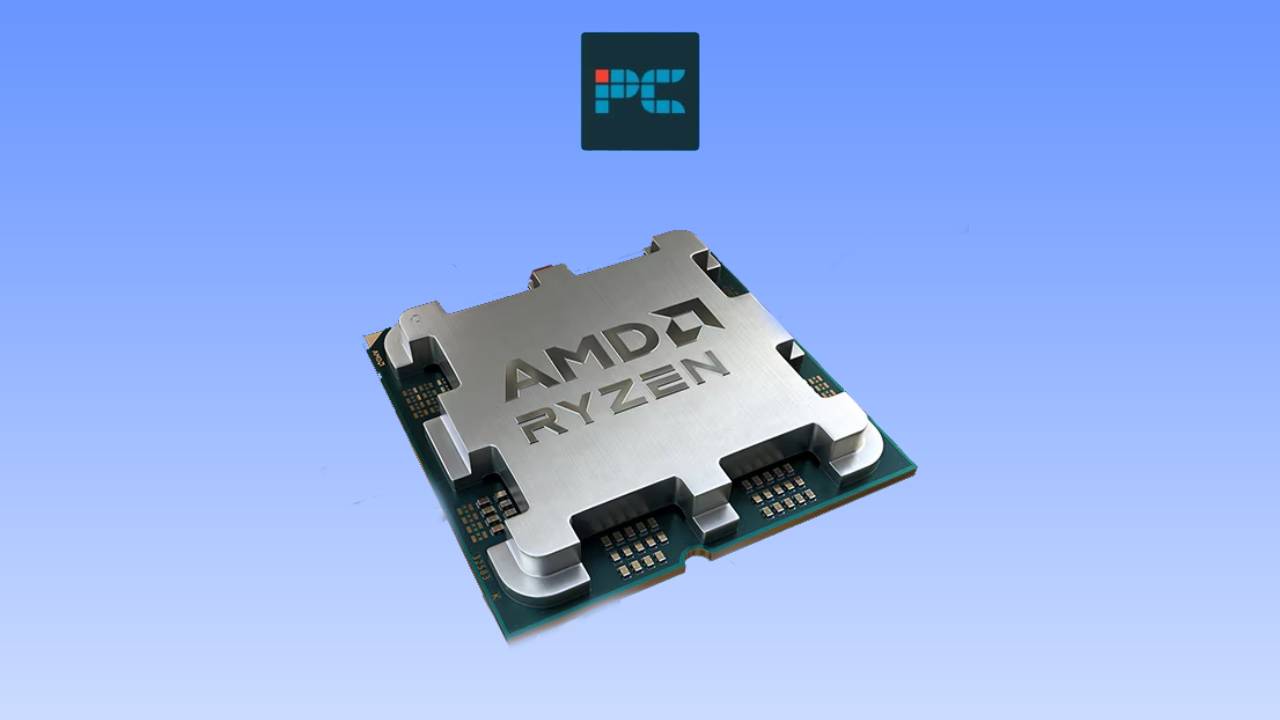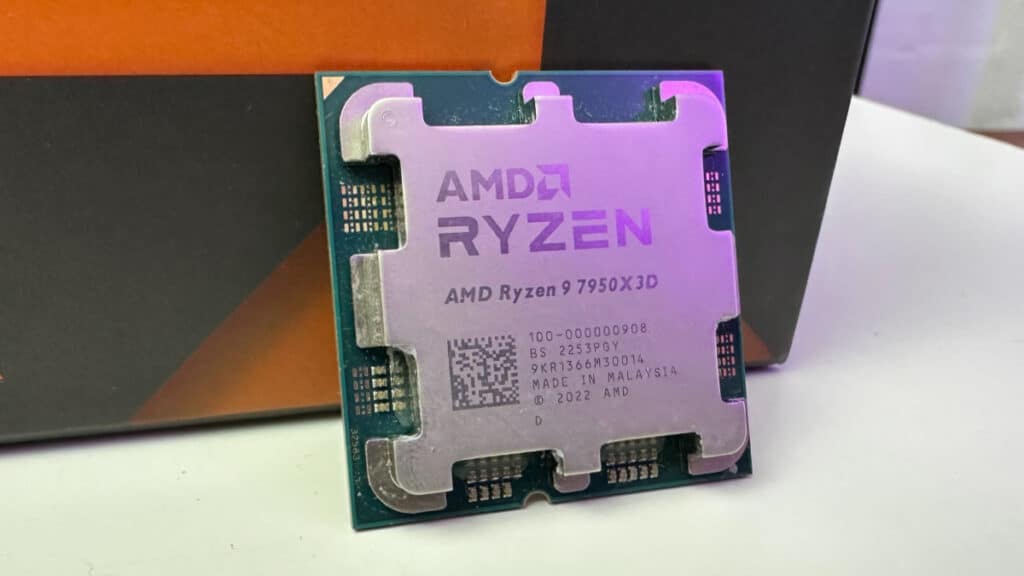Is AMD nerfing gaming performance on their upcoming Ryzen processors?

Table of Contents
Nvidia has been practically running the show when it comes to AI tech in their latest hardware (especially with shortages being resolved), but rivals AMD and Intel clearly want a piece of the action. AI is now reported to be utilized in their upcoming range of CPUs, but it looks as if it could have a negative side effect on gaming performance for AMD users.
Don’t expect AMD processors to disappear from our best CPU for gaming guide any time soon, but they are also well known for their range of Ryzen APUs, which new AI implementation could affect in particular when it comes to gaming scenarios.
Prime Day is finally here! Find all the biggest tech and PC deals below.
- Sapphire 11348-03-20G Pulse AMD Radeon™ RX 9070 XT Was $779 Now $739
- AMD Ryzen 7 7800X3D 8-Core, 16-Thread Desktop Processor Was $449 Now $341
- ASUS RTX™ 5060 OC Edition Graphics Card Was $379 Now $339
- LG 77-Inch Class OLED evo AI 4K C5 Series Smart TV Was $3,696 Now $2,796
- Intel® Core™ i7-14700K New Gaming Desktop Was $320.99 Now $274
- Lexar 2TB NM1090 w/HeatSink SSD PCIe Gen5x4 NVMe M.2 Was $281.97 Now $214.98
- Apple Watch Series 10 GPS + Cellular 42mm case Smartwatch Was $499.99 Now $379.99
- ASUS ROG Strix G16 (2025) 16" FHD, RTX 5060 gaming laptop Was $1,499.99 Now $1,274.99
- Apple iPad mini (A17 Pro): Apple Intelligence Was $499.99 Now $379.99
*Prices and savings subject to change. Click through to get the current prices.
Improvements to AI processing blamed for worse gaming performance
This speculation comes from user uzzi38 on the Anandtrech forum, who points out that the AI Engine (AIE) on upcoming AMD APUs using the Strix Point laptop chip may come at the expense of System Level Cache (SLC). The inclusion of this cache is something that is known for improving both CPU and iGPU performance in Ryzen-based systems such as the Steam Deck. Due to the lack of a dedicated graphics card with VRAM of its own, this cache is beneficial for quicker access to system memory.
Prioritization of Neural Processing Units (NPUs) in these newer Ryzen chips doesn’t come without compromise. Making room for them will definitely have a negative impact on gaming performance on an iGPU, which is relevant for users of APUs or mobile processors on a laptop without dedicated graphics.

Does this affect desktop CPUs?
From what we understand, this change is relevant for upcoming Strix APUs (or SOCs), as reported by Wccftech. Since it directly relates to performance of integrated graphics, you won’t affected if you’re running the usual CPU and discrete graphics card combo common in a gaming PC setup. So, we’re still looking forward to the Ryzen 9000 series release date, regardless of whether these Zen 5 mobile processors are getting an AI makeover.

